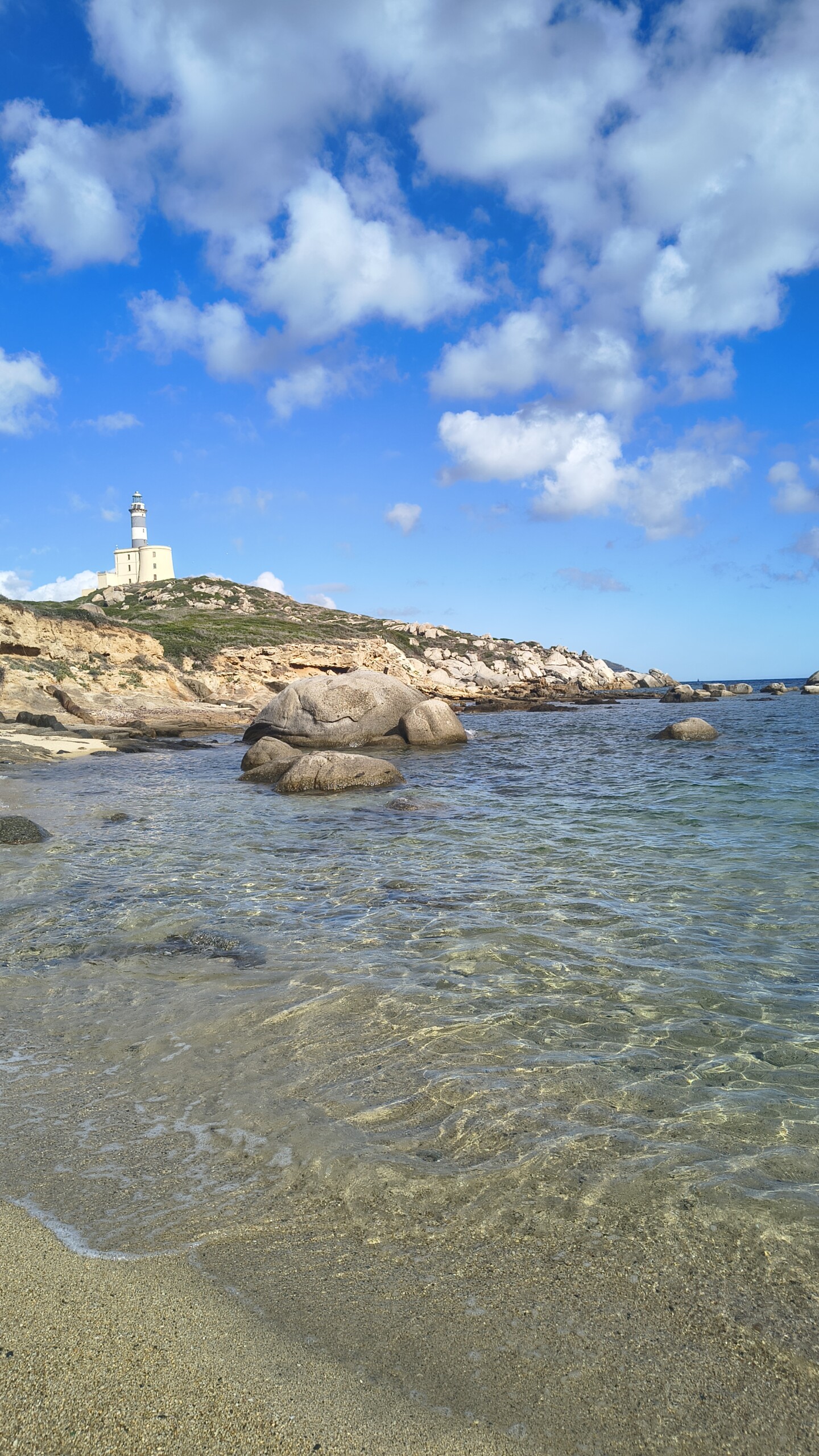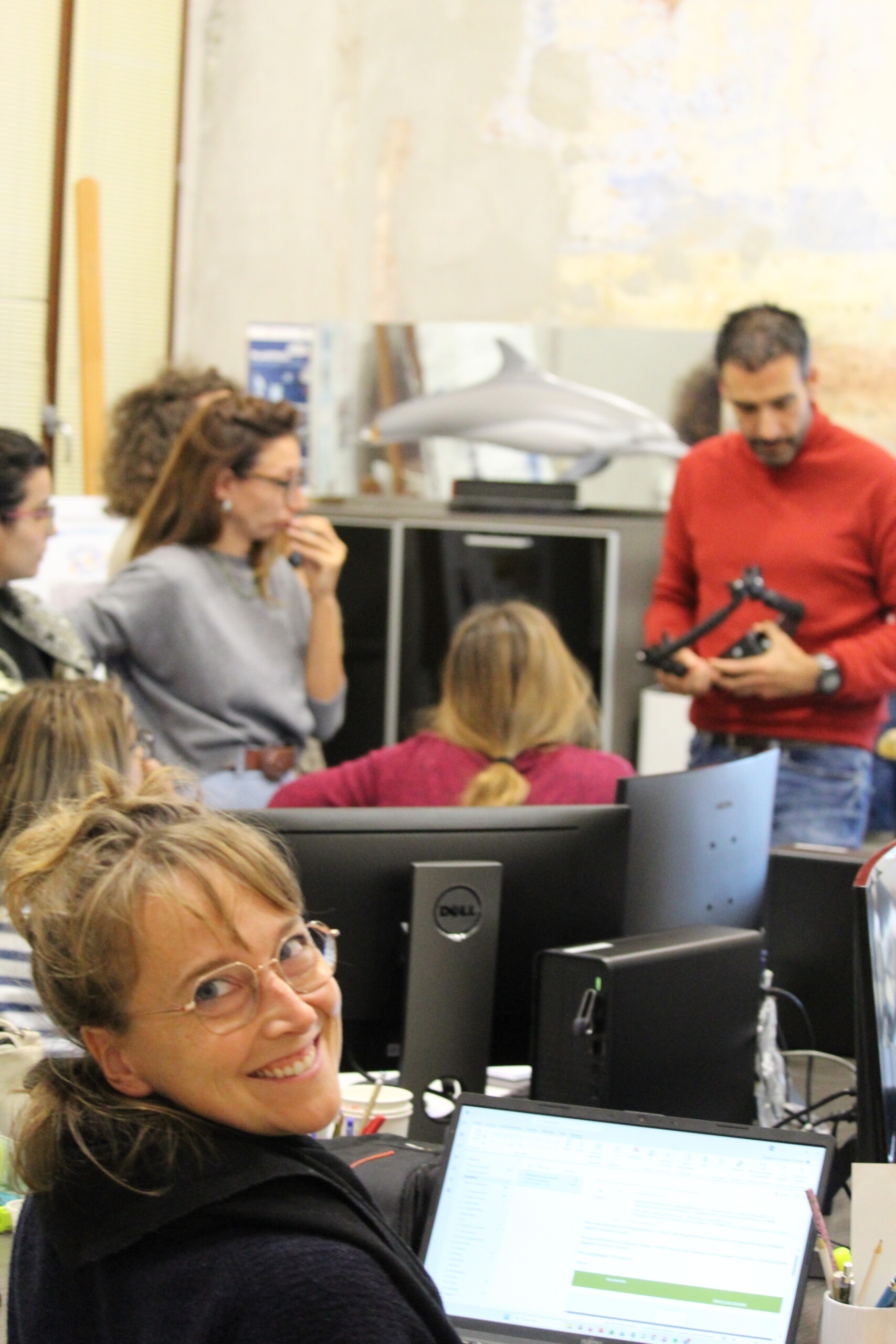The new training programme for natural area managers across the Mediterranean was inaugurated last week within the Capo Carbonara Marine Protected Area (MPA) in Sardinia, Italy. Organised by the Mediterranean Consortium for Biodiversity, this four-day session, held from 10 to 14 November in Villasimius, builds directly on ongoing conservation and restoration efforts carried out in the framework of the RESCOM project.
Training in Biodiversity Monitoring Techniques to Better Protect Marine Ecosystems
The objective of this training was to equip managers with new methods for monitoring underwater biodiversity, with a particular focus on the fundamentals of photogrammetry applied to corals and coralligenous habitats. This technique, based on the capture of underwater photographs, enables the creation of precise 3D models of the seafloor to allow for regular and rigorous monitoring. Such data are essential for detecting habitat changes, anticipating the impacts of climate change, and improving management strategies.
The first day was dedicated to theoretical instruction delivered by experts from Septentrion Environnement and the University of Sassari (Fabio Menna). The following day, the MPA management team — administered by the Municipality of Villasimius — applied this knowledge during two dives around Cavoli Island.
End-of-week indoor sessions allowed participants to deepen their analysis of the images and to familiarise themselves with professional photogrammetry software. These skills will also be used to monitor the Posidonia seagrass meadows restored this summer within the MPA — a major undertaking carried out as part of the RESCOM project with support from the MEDSEA Foundation.
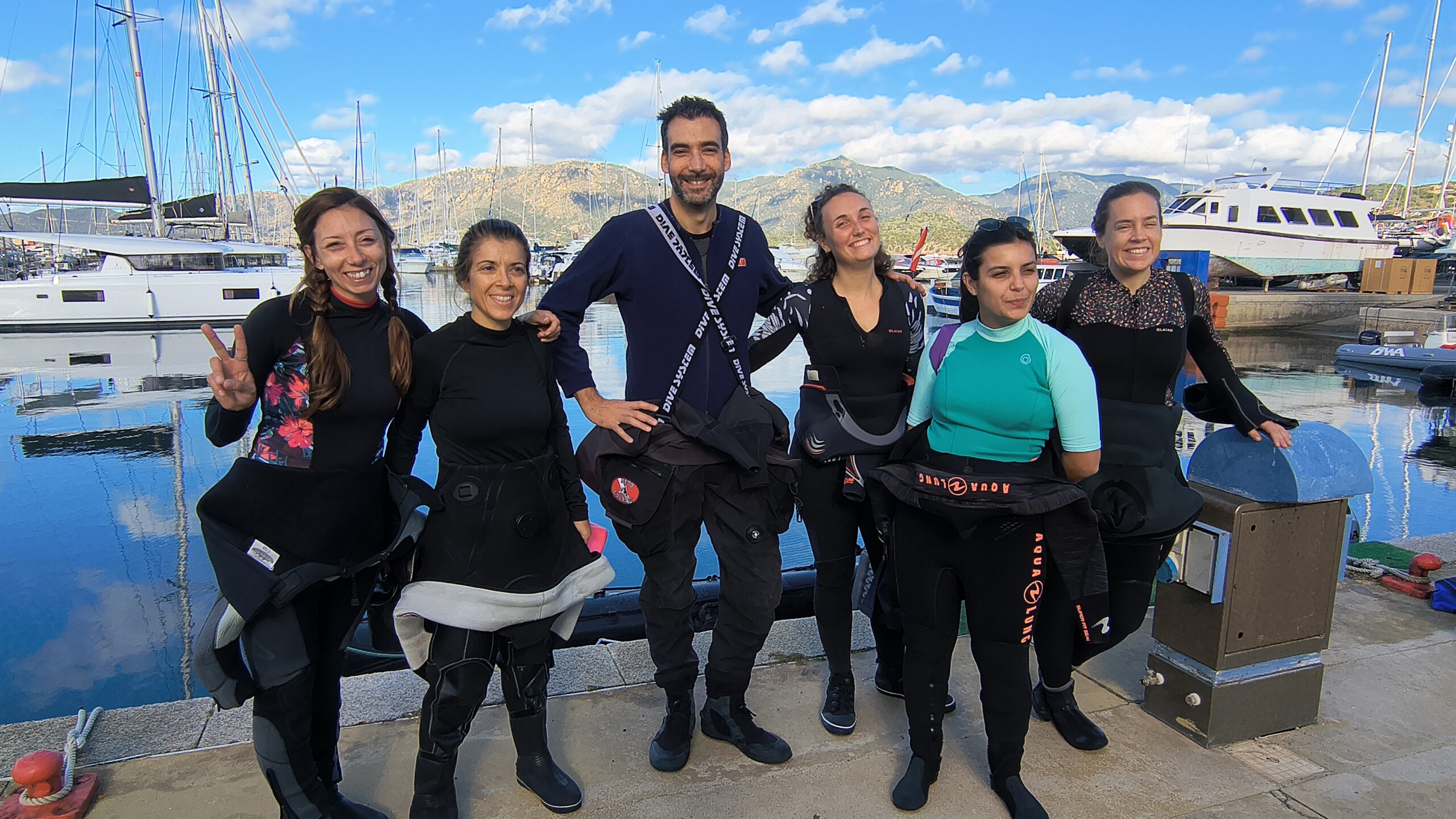
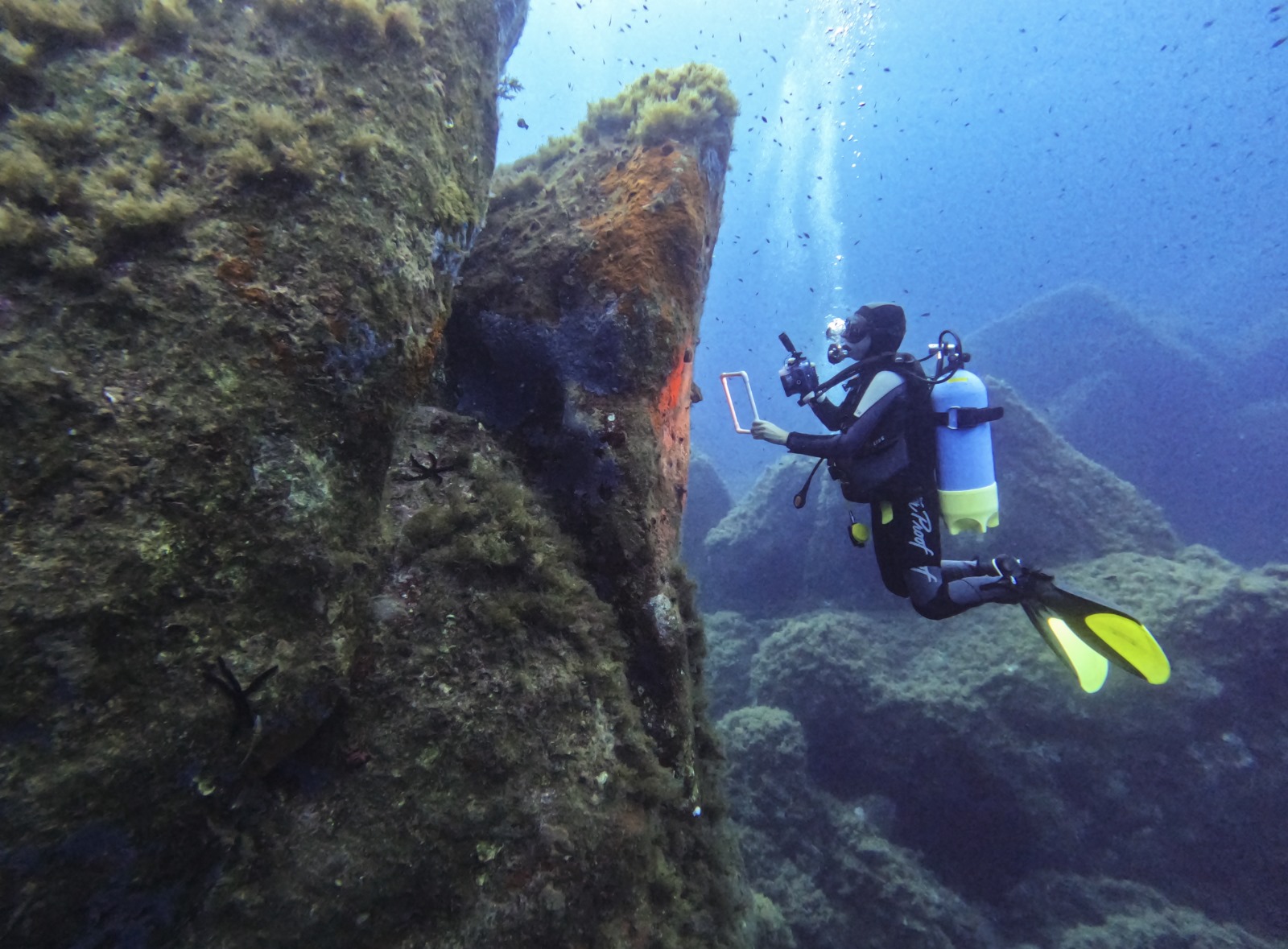
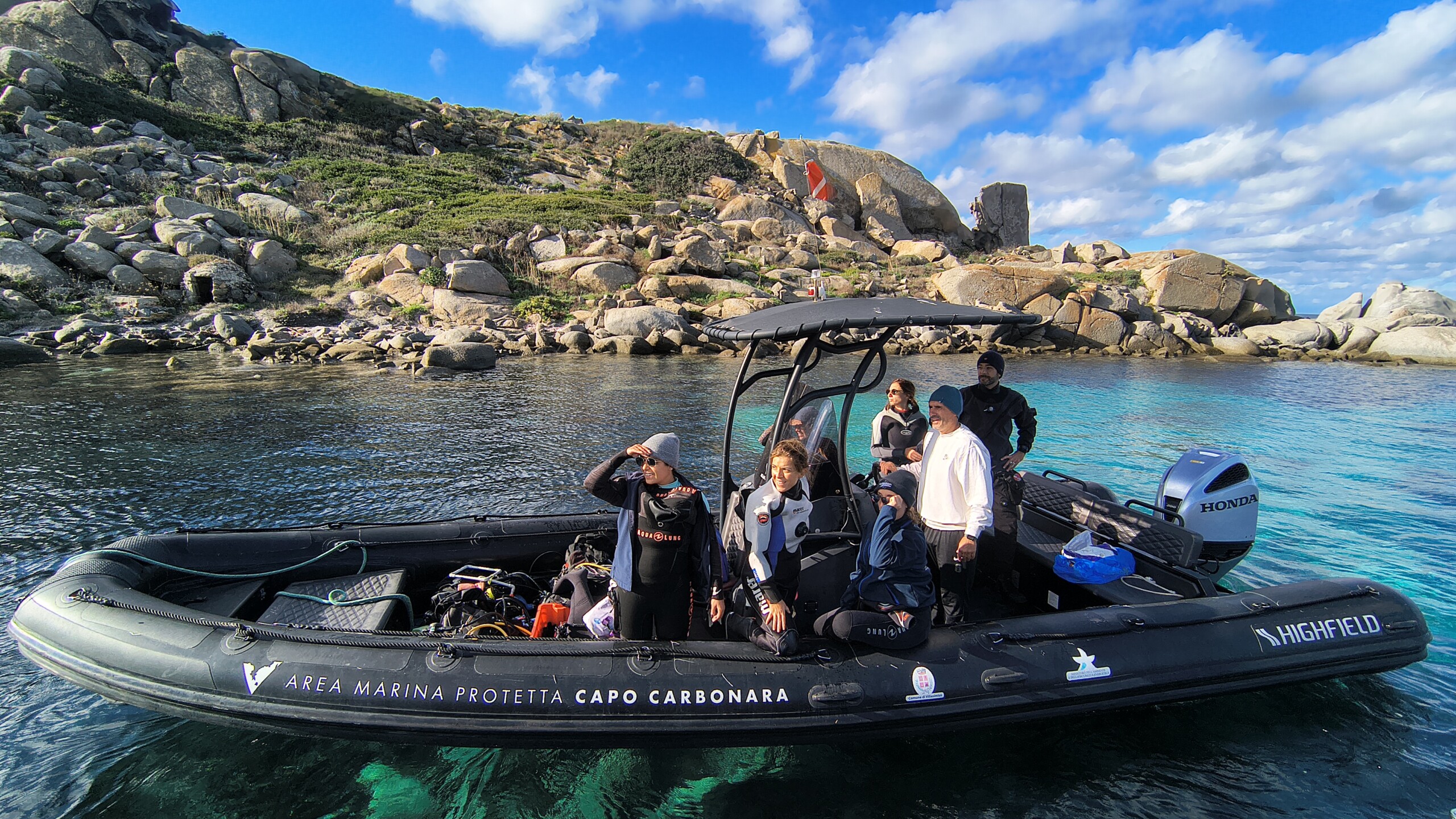

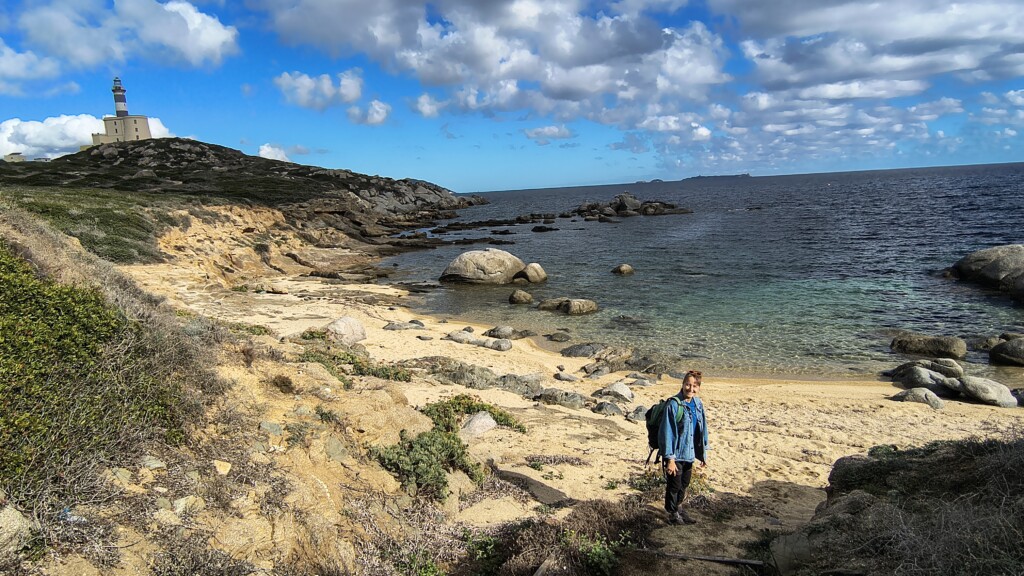


Large-Scale Ecological Restoration: 230 m² of Posidonia Seagrass Replanted
Since July 2025, the MPA team has been restoring 230 m² of Posidonia seagrass meadows — a key habitat weakened by decades of human impacts, particularly by trawlers that once operated within the MPA. The technique used involves recovering Posidonia rhizomes naturally uprooted by storms and replanting them in degraded areas.
This operation aims to restore the essential ecological functions of the seagrass meadow: providing shelter and nursery grounds for many marine species, stabilising sandy bottoms to protect the coastline from erosion, oxygenating the water and storing carbon over the long term — a crucial contribution to the fight against climate change.
To strengthen this initiative, new eco-friendly mooring buoys will soon be installed to encourage boaters to avoid anchoring on the seagrass meadows, one of the main causes of their degradation.
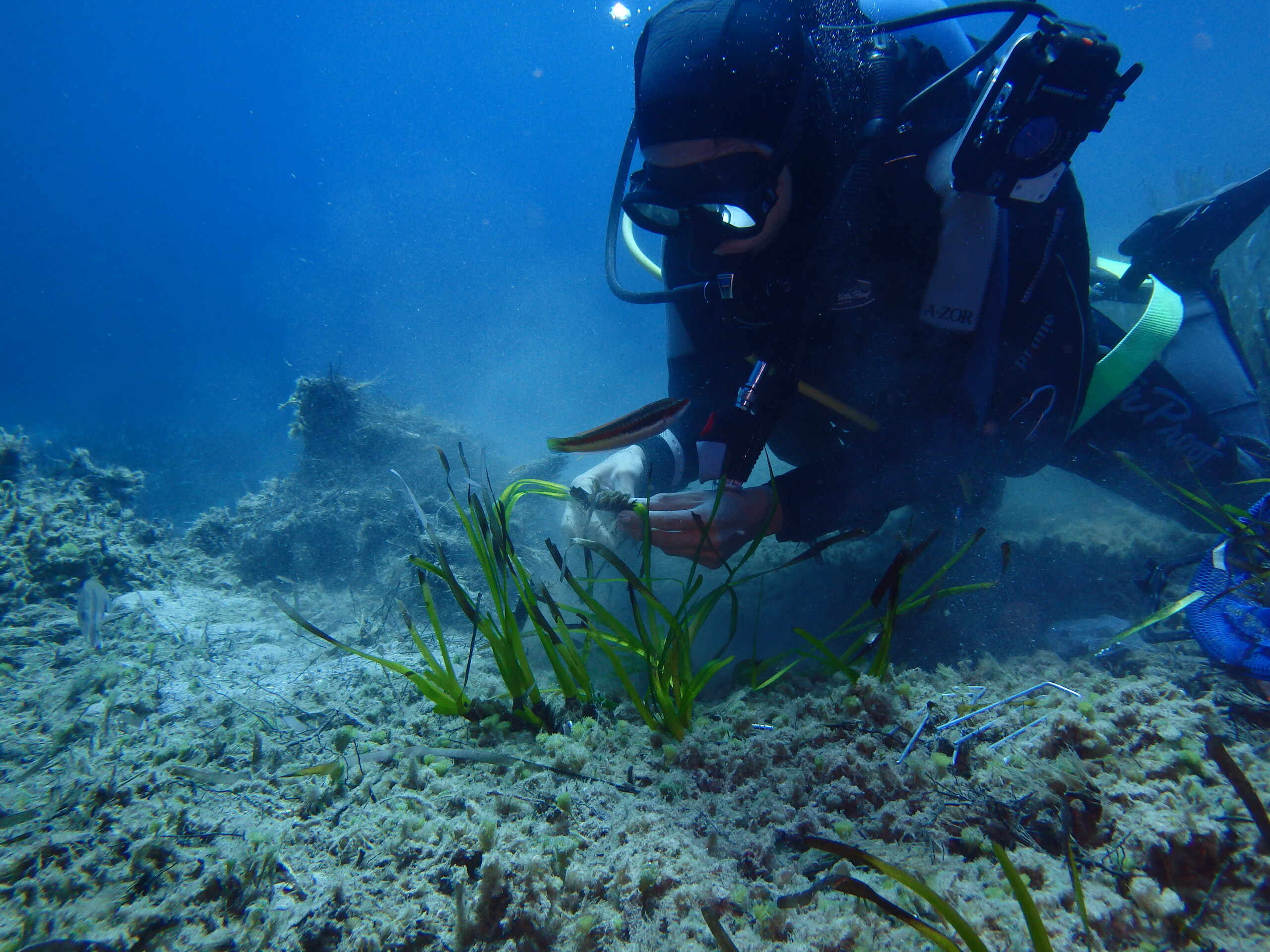
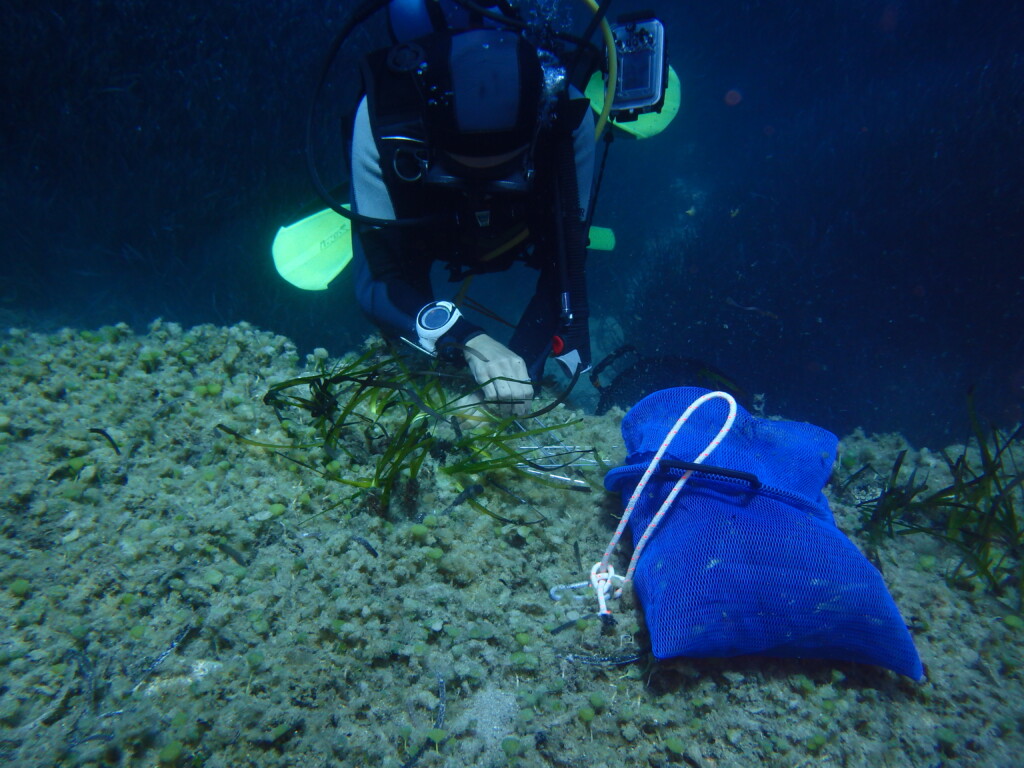
A Multi-Ecosystem Approach to Strengthen the Resilience of Cavoli and Serpentara Islands
True to the integrated approach of the RESCOM project, the actions undertaken are not limited to the marine environment. Conservation efforts also target the terrestrial habitats of Cavoli and Serpentara Islands, which serve as vital refuges for several seabird and reptile species.
Regular ornithological and herpetological surveys are carried out to assess the health of breeding populations of Scopoli’s shearwaters and Yelkouan shearwaters, as well as reptile populations such as the Tyrrhenian lizard (Podarcis tiliguerta). In parallel, a conservation programme for the most threatened endemic plants of both islands has been launched by the botanical teams of the Centre for the Conservation of Biodiversity at the University of Cagliari (UNICA-CCB). The programme has already enabled the collection and storage of seeds from selected plants — an essential step in planning potential translocations should some of these populations disappear.
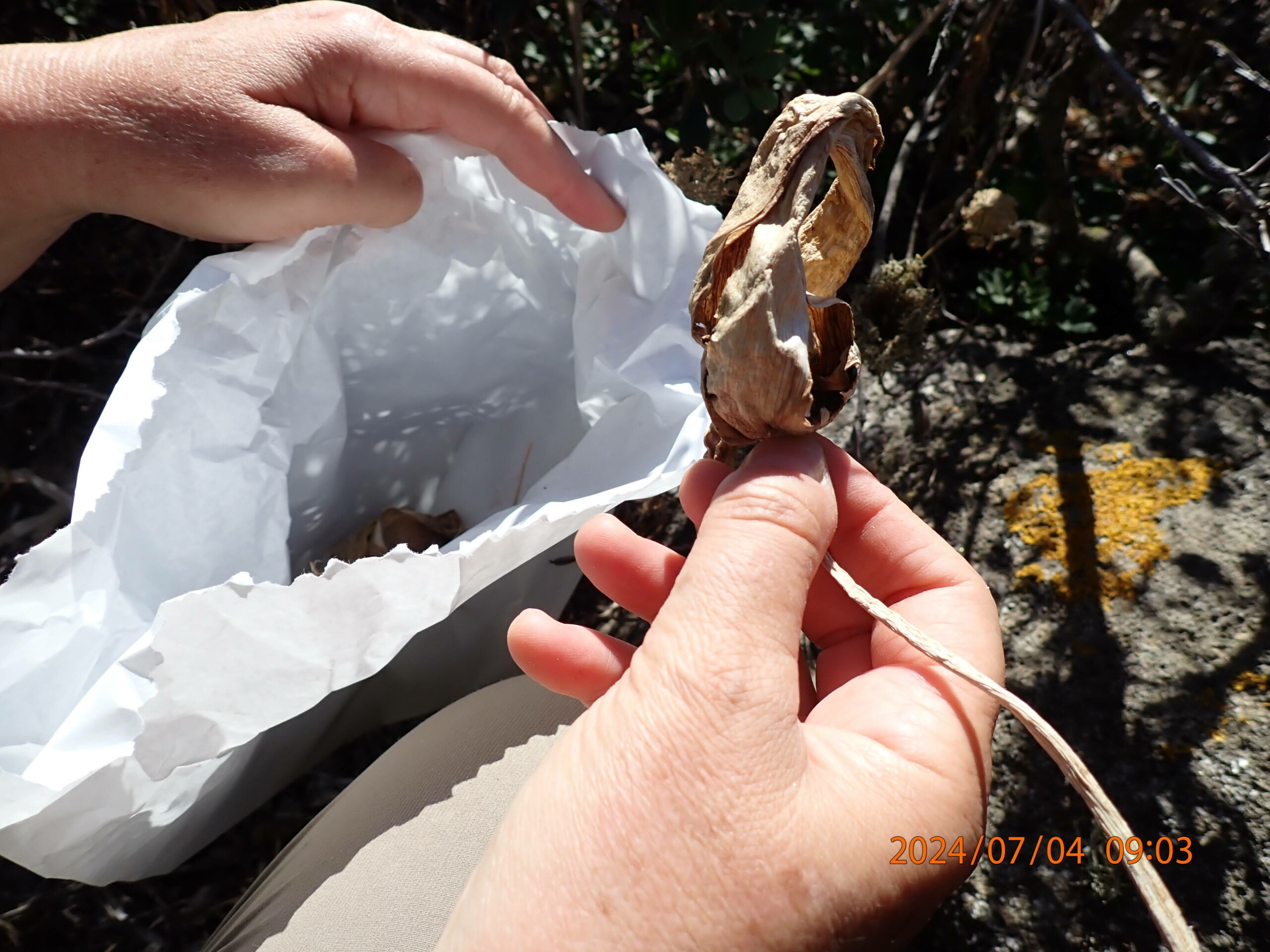
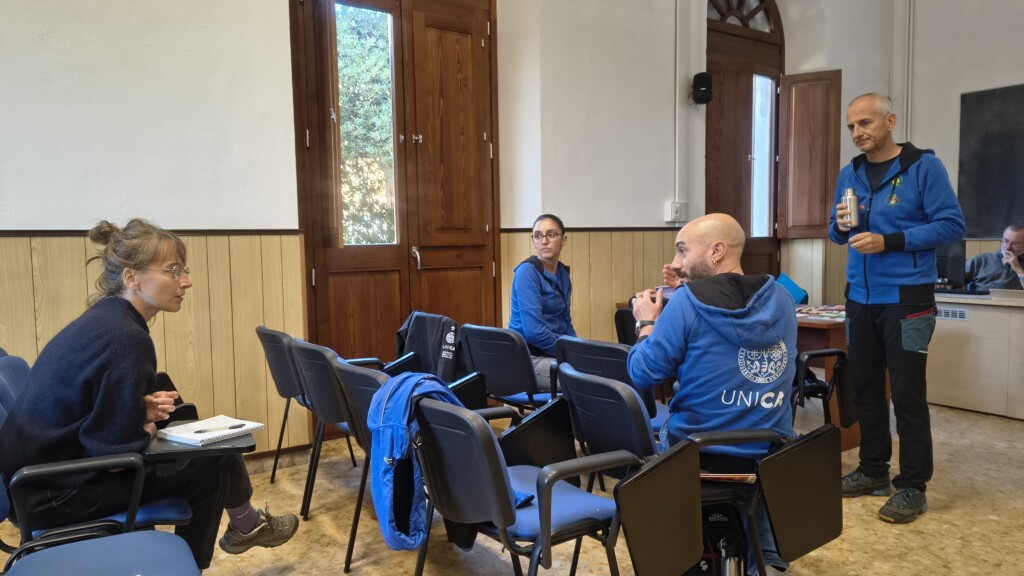
Strengthening Collaboration to Foster Climate Change Adaptation Solutions
The November visit of representatives from the Tour du Valat, as project coordinator, and Initiative PIM, both members of the Mediterranean Consortium for Biodiversity, provided an opportunity to discuss with the MPA managers how to further strengthen ongoing actions.
In this exceptional site, the diversity of habitats and the quality of the landscape offer an ideal setting to develop and test innovative climate change adaptation solutions, in close collaboration with local stakeholders.
A warm thank-you goes to the entire management team of the Capo Carbonara MPA for their enthusiasm and hospitality, and to the trainers for the richness of their knowledge and exchanges. It was a full, constructive and promising week, contributing valuable insights to ongoing reflections on adapting the management of Mediterranean natural sites to climate change within the RESCOM project.
